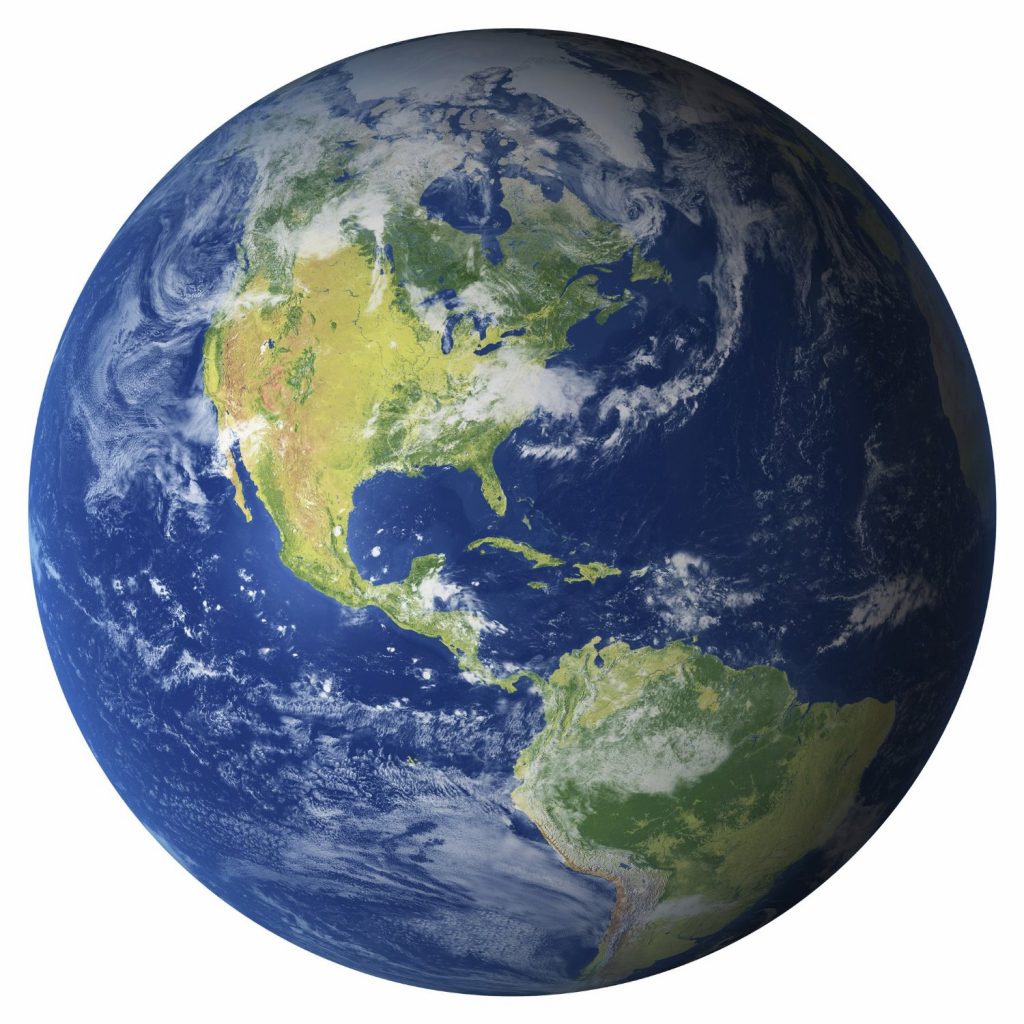
As a Session member one of our yearly “tasks” is to speak with the confirmation class about our own faith as they “interview” us. Answering questions about what my commission (Communications) does, and how I see it helping our congregation is always easy for me. Harder are those personal questions about “what I believe.” I tend to fall back on two selections from the New Testament that are the simple center of my faith.
One day an expert in the Law stood up to test Him. “Teacher,” he asked, “what must I do to inherit eternal life?” “What is written in the Law?” Jesus replied. “How do you read it?” He answered, “‘Love the Lord your God with all your heart and with all your soul and with all your strength and with all your mind’ and ‘Love your neighbor as yourself.’” You have answered correctly,” Jesus said. “Do this and you will live.”
Luke 10:25-28
Then the King will say to those on His right, ‘Come, you who are blessed by my Father, inherit the kingdom prepared for you from the foundation of the world. For I was hungry and you gave Me something to eat, I was thirsty and you gave Me something to drink, I was a stranger and you took Me in, I was naked and you clothed Me, I was sick and you looked after Me, I was in prison and you visited Me.’
Then the righteous will answer Him, ‘Lord, when did we see You hungry and feed You, or thirsty and give You something to drink? When did we see You a stranger and take You in, or naked and cloth You? When did we see You sick or in prison and visit You?’
And the King will reply, ‘Truly I tell you, whatever you did for one of the least of these brothers of Mine, you did for Me.’
Matthew 25:34-40
I will never claim to be a biblical scholar, and these are likely among the most familiar lessons to most Christians. But these directly support the reason why I feel that our GreenFaith effort is an important part of how we live out our faith.
Both of these passages speak to loving our neighbor, and as Matthew makes clear, loving those who are suffering, poor, hungry, or homeless. And there can be no argument that issues of pollution, environmental degradation, and global climate change hit marginalized and poor people hardest, whether here in the United States, or across the world. This is partly because they tend to live in coastal or marginally fertile regions, but also because they do not have the resources to mitigate their situation, or move away from it. Participants from our church on the Sandy mission trip last summer noted that “We learned about the economic impact to poorer families who often bought summer bungalows at low prices and needed to live in them year round. They are stuck in an area that is prone to flooding in light storms and are sitting ducks for very serious storms. They were the hardest hit economically, had the most homeless years afterwards, and were psychologically traumatized. Many were struggling with PTSD.”
Around the world rising sea levels severely threaten the poorest among us. A recent UN report writes: “Evidence suggests that climate change and climate variability and sea-level rise will exacerbate multi-dimensional poverty in most developing countries.” A report from The Nature News about Pakistan writes: “Residents say during monsoon, sea level increases and water enters their houses, making their already difficult lives miserable. They move into school buildings, which also affects education of their children. Due to stagnant sea water, several diseases also surface. Children and the elderly, particularly suffer from diarrhea, itching and other types of skin ailments.”
If we take seriously the command to “Love Our Neighbor,” then doing what we can to consider the effect of our energy use, pollutants, and land use needs to be part of that effort. In fact, it may be the most important way that we can show that in fact, we do “Love.”
~Donna Gresh
